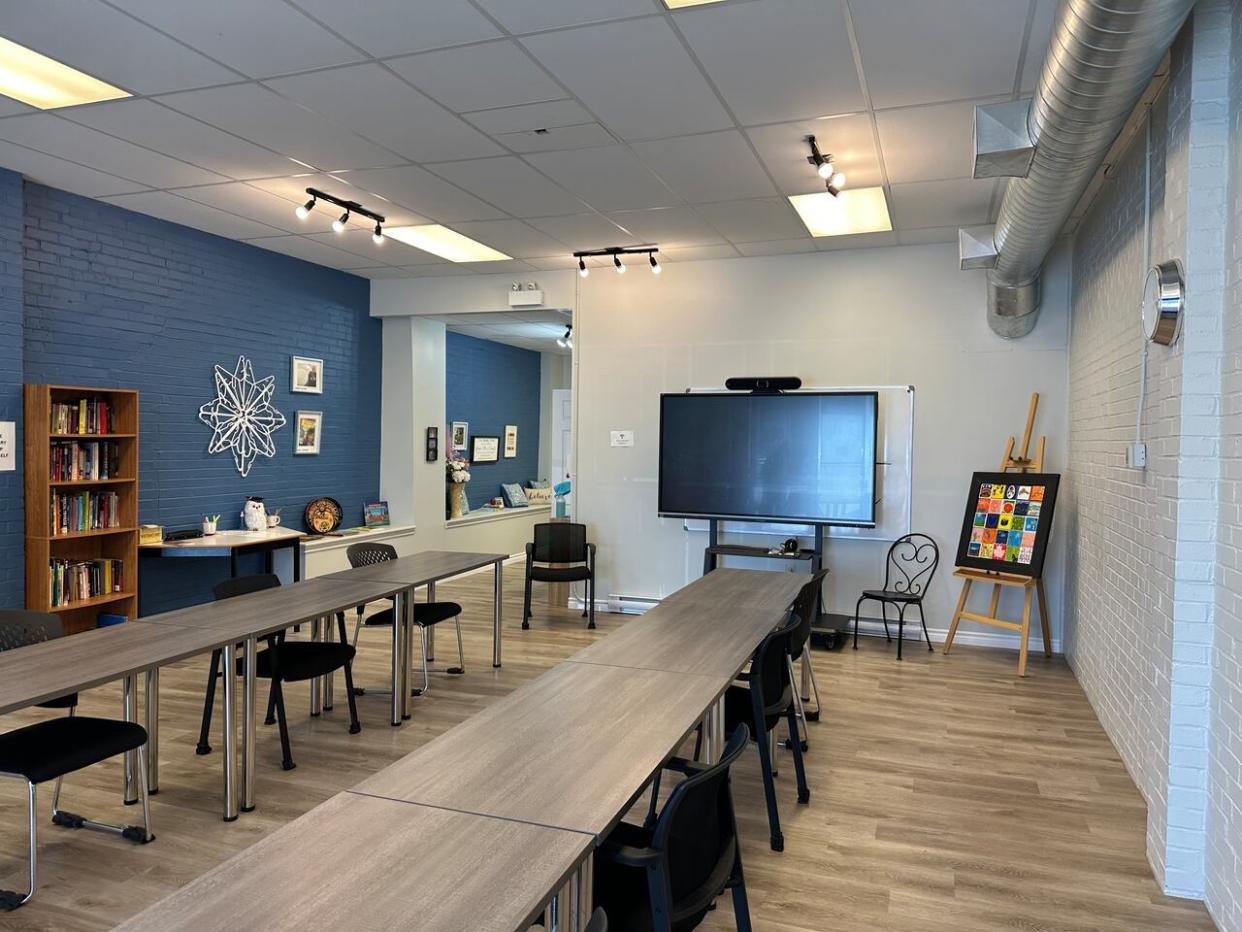N.S. adult learners prepare for change to high school equivalency testing

Adult learners in Nova Scotia will lose access to the current high school equivalency testing program in two weeks, but a made-in-Canada replacement is expected shortly.
The last day to register for the current program was in March. Adult learners can access the testing until May 3.
CT Turner, with U.S.-based GED Testing Service, said the current Canadian version was launched in 2002 and needs updating.
"The companies that created the hardware and the software are no longer supporting them," said Turner. "So we've been having that conversation with the different provinces, and, basically, it's their decision what to do."
Turner said the company updated tests in the U.S. and other countries in 2014, but Canadian provinces and territories have gone in a different direction.
Nova Scotia's Department of Labour, Skills and Immigration is working with other provinces and territories on the development of a new testing program called the Canadian Adult Education Credential.
Students prepare for transition
Ruth Brown, an adult learner with Shelburne County Learning Network, expects to complete her education under the new program. She has been pursuing completion of her high school education to set an example for her three children.
The current process consists of five separate tests. Brown said she hopes to complete some of them before the deadline.
All the scores from the current testing will be counted for the next three years, according to the province.
Mary Teed, executive director of Colchester Adult Learning Association in Truro, N.S., said the organization is optimistic the testing transition will be seamless.
"The world is very different since 2002, and certainly COVID changed that world even more. So we need to stay relevant. Technology is changing what we learn, how we learn and why we learn it as well," said Teed.

Mary Teed, executive director of Colchester Adult Learning Association in Truro, N.S. said the organization hopes the testing transition will be seamless. (Luke Ettinger/CBC)
The Department of Labour, Skills and Immigration said the new series of five tests will focus on reading, writing, mathematics, science and social studies.
"Provinces and territories continue to finalize the development of the new pan-Canadian assessment, which will reflect diverse cultures and perspectives, including francophone, African Canadian and Indigenous Peoples," said Monica MacLean, a spokesperson for the department, in a statement.
Brown said she is determined to complete her high school equivalency regardless of what tests she has to pass.
"It's another challenge and it's a challenge that I'm willing to take," she said.
MORE TOP STORIES

